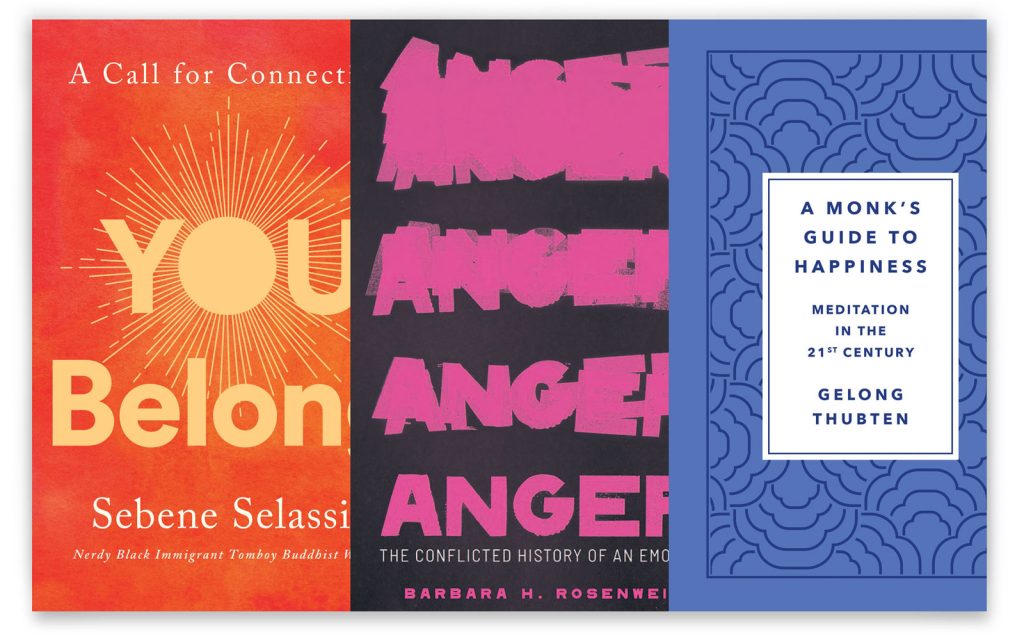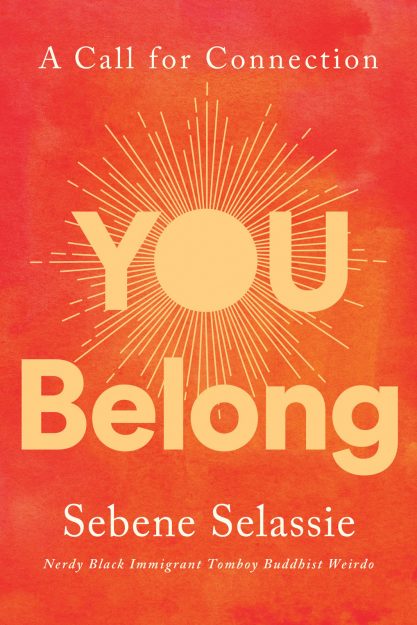 You Belong: A Call for Connection
You Belong: A Call for Connection
by Sebene Selassie.
HarperOne, August 2020, $27.99, 256 pp., cloth
If you read one book in 2020, make it this one. Meditation teacher Sebene Selassie, a self-described “Nerdy Black Immigrant Tomboy Buddhist Weirdo,” writes that in an increasingly globalized (and polarized) world, we might think that the ways in which we are different divide us from others. But in fact: “Although we are not one, we are not separate. And although we are not separate, we are not the same.” You Belong explores how we become disconnected and provides exercises, including meditation and writing prompts, to help us reconnect by feeling joy and freedom in the present moment. (Read an excerpt here.)
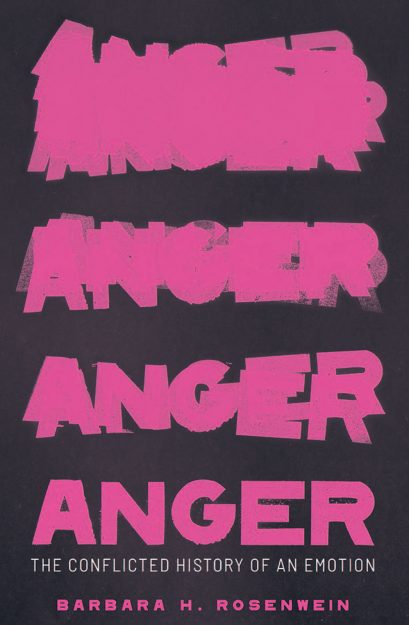 Anger: The Conflicted History of an Emotion
Anger: The Conflicted History of an Emotion
by Barbara H. Rosenwein.
Yale University Press, June 2020, $26, 224 pp., cloth
Throughout the ages, humans have used the word “anger” to describe various feelings and behaviors (even attributing it to different originating body parts, such as the gut and the heart). Anger isn’t something we’re born with, however, but something we learn to do (or not, in some cultures), writes Barbara Rosenwein, a historian and professor emerita at Loyola University Chicago. The book opens with a chapter on Buddhism and goes on to describe how thinkers like Aristotle, Seneca, St. Augustine, and Darwin, and more recently the representatives of feminist and Black Lives Matter movements, have approached anger in hopes of better understanding this powerful emotion’s role.
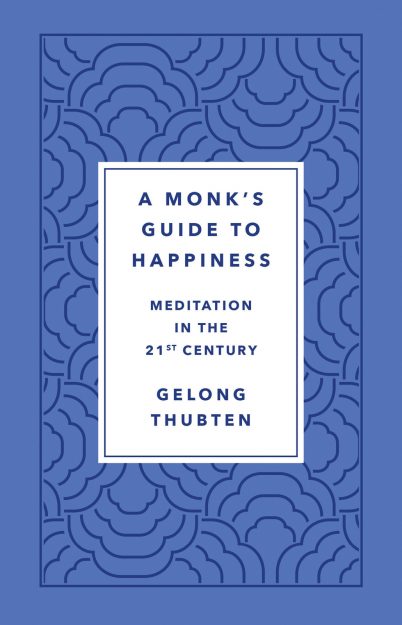 A Monk’s Guide to Happiness: Meditation in the 21st Century
A Monk’s Guide to Happiness: Meditation in the 21st Century
by Gelong Thubten.
St. Martin’s Essentials, August 2020, $19.99, 256 pp., cloth
Gelong Thubten’s quest for more as a young actor living in New York City’s Greenwich Village led first to severe mental and physical burnout and then to a Tibetan Buddhist monastery in Scotland. Thubten, who was born in the UK and studied with the late Akong Tulku Rinpoche, has been teaching meditation since the late 1990s and often collaborates with neuroscientists. A Monk’s Guide to Happiness is a refreshing read for newcomers and established practitioners alike, with its powerful reminder that we’re actually hardwired to be happy and lessons in “micro-moments” of mindfulness that can keep us present through the day.
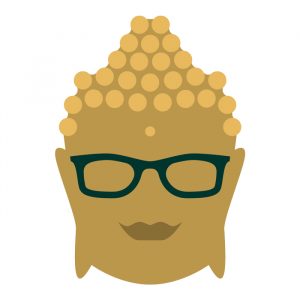
Scholar’s Corner
S. N. Goenka: Emissary of Insight (Lives of the Masters)
by Daniel M. Stuart.
Shambhala Publications, November 2020, $26.95, 288 pp., paper
Seven years after his death, S. N. Goenka’s (recorded) voice is still heard in meditation halls around the world. But do we really know Goenka, a meditation master credited with returning the Buddhist teachings to India and making mindfulness accessible to the West, or only the Goenka he wanted the world to see?
Daniel Stuart, a scholar, translator, and student of Goenka’s Vipassana tradition, draws on more than a decade of historical and ethnographic research, translations of Goenka’s writings, and other archival material to present a more complete picture of the man who established more than 160 permanent meditation centers around the world.
WHAT WE’RE REREADING
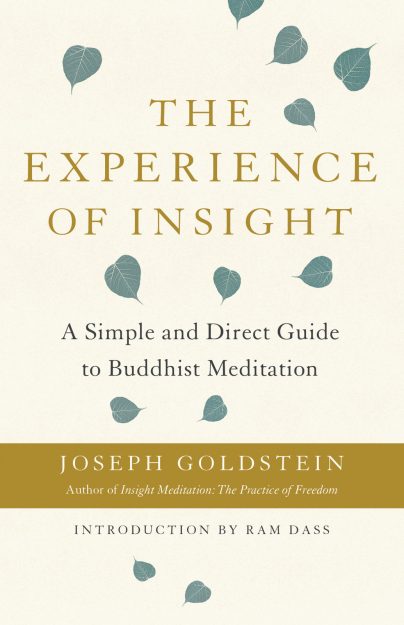 The Experience of Insight
The Experience of Insight
by Joseph Goldstein
Travel back 45 years to the first monthlong Vipassana retreat that Joseph Goldstein, a pioneering Insight Meditation teacher, taught in the United States. The Experience of Insight, Goldstein writes in an updated introduction, was his “first attempt at sharing the teachings of the Buddha” that he learned while practicing and studying in India with his teachers, including Anagarika Munindra, Dipa Ma, and S. N. Goenka. The book contains 30 edited talks that Goldstein gave during that retreat, arranged in their original order so that readers can use the book to experience this introduction to vipassana meditation. Each “evening” chapter includes a question-and-answer portion on practice and philosophy, and a reading list at the end includes Goldstein’s essential picks from Insight, Zen, and Tibetan teachers.
Thank you for subscribing to Tricycle! As a nonprofit, we depend on readers like you to keep Buddhist teachings and practices widely available.
